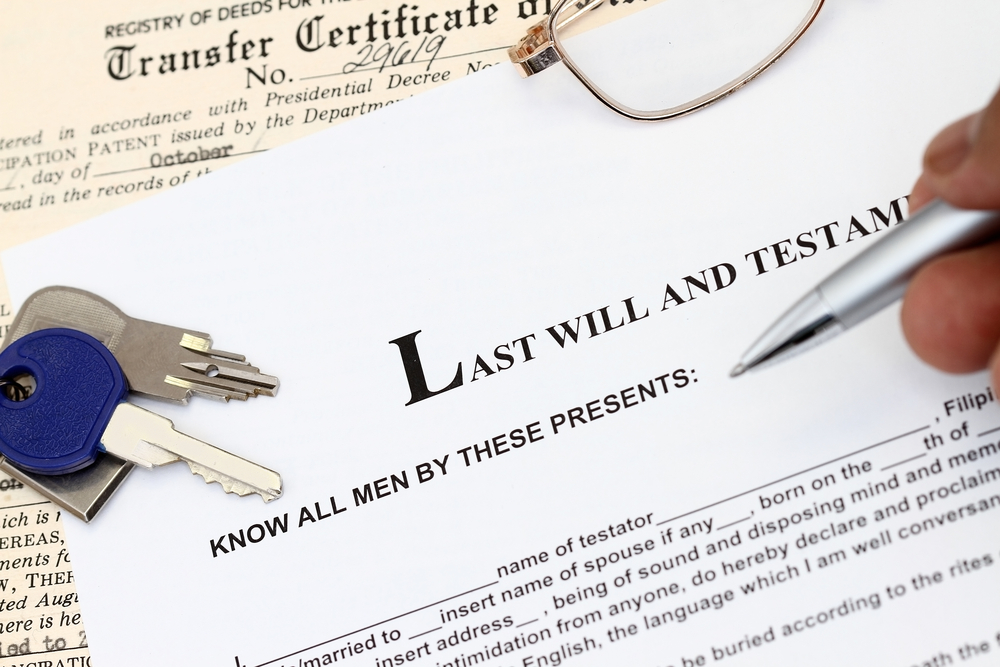
This month, thought I’d cover a couple of subjects, just to keep you on your toes!
Inheritance tax (IHT)
This is a subject that many people mistakenly think won’t affect them. After all, they might feel they don’t have much cash and that they are well below the limits where IHT kicks in. However, the main nil rate band of £325,000 per person has been frozen since 2009, so even modest growth in property or investment values could take you above that amount and crystalise or increase IHT liabilities.
HM Revenue & Customs (HMRC) have reported a new record high for IHT receipts in 2017/18; they took around £5.2 billion. This represents a £400 million year-on-year increase on 2016/17, up 8%! This is despite the introduction in April 2017 of the main residence nil rate band which, in certain circumstances, allows couples to pass on, tax free, a family home worth up to £200,000 in addition to the £650,000 combined nil rate band available to them. The nil rate band is set to increase annually.
In fact, the last eight years have seen steady increases in IHT receipts for HMRC, mainly as a result of rising property prices, especially in London and the South East, (it was these that led to the introduction of the residence nil rate band referred to above). The nil rate band will increase each year until 2020, when a couple will be able to bequest a home worth £1 million without incurring tax.
However, the exemption is restrictive and very complicated, and in reality there have been very few estates claiming the relief. Whilst HMRC say that you will automatically receive the relief if you’re entitled to it, this assumes that they hold all the relevant information.
Due to the complexity, I recommend that you consider engaging a professional assessment of the potential IHT liability arising on your death, and any possible mitigation strategies open to you. You may feel, “Well, I won’t be here to worry about it,” but do you really want a significant proportion of your estate to go to the Government if it doesn’t need to?
Pension changes for women
My wife, like many others, has been affected by the pension changes for women. For many years she was expecting to retire at the age of 60. However, it’s now generally accepted to be only right that men and women should be treated equally in this respect, even though it seems there’s a long way to go regarding salaries.
The legislation that originally changed retirement age for women was subsequently tinkered with under the Coalition Government, accelerating the change to age 65 in November 2018 (previously set for 2020).
Thereafter, it continued to rise, for both men and women, to age 66 by October 2020. Mrs G was not a happy bunny, having been just caught by the changes, reaching that age in December 2020.
Campaigners went to the courts recently for a judicial review into how the government raised the retirement age for women. Two claimants challenged the Department for Work and Pensions (DWP) on the grounds that raising their pension age “unlawfully discriminated against them on grounds of age, sex and age and sex combined.” They also argued that they were not given adequate notice in order to adjust to their financial circumstances.
The outcome is, I suppose, unlikely to change the situation. In March 2015, the Work and Pensions Select Committee concluded that “more could and should have been done” to communicate the changes. The issue has been debated in Parliament on a number of occasions and an all Party Parliamentary Group on State Pension Inequality for Women has been set up.
It won’t surprise you to learn that the Government position hasn’t shifted. It will “make no further changes to the pension age or pay financial redress in lieu of a pension.”
In December 2018, Work and Pensions Secretary, Amber Rudd, said there would be no reversal, “especially when we take into account that women who reached State Pension age in 2016 are estimated to receive more State Pension on average over their lifetime than women ever have before.”
Make sure that you plan for your retirement. It’s unlikely, however, that the amount of state pension you’ll eventually receive will be sufficient to keep you in the manner to which you’ve become accustomed!
If you have any queries or would like more information, you can contact me on 01473 833411 or [email protected]
This article is designed for the information of readers. Whilst every effort is made to ensure accuracy, information contained in this article may not be comprehensive and recipients should not act upon it without seeking professional advice.
“MHA Larking Gowen” is the trading name of Larking Gowen LLP, which is a limited liability partnership registered in England and Wales (LLP number OC419486). Where we use the word partner it refers to a member of Larking Gowen LLP. © MHA Larking Gowen.
